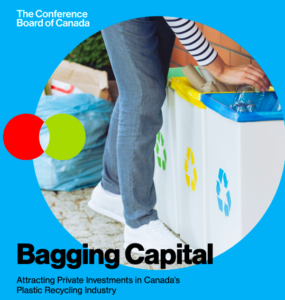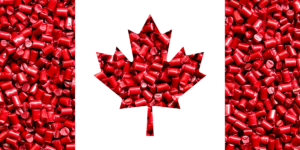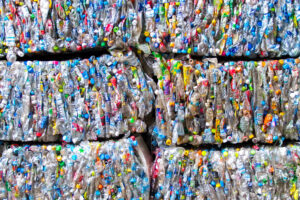- Plastics Marketplace
- National
CBRM storing 300 tonnes of film plastic one year after China’s import ban
The Cape Breton Regional Municipality has been warehousing and storing hundreds of tonnes of film plastic since China banned the importation of the material a year ago. The plastic currently being stored may be destined for a landfill if a taker for the material cannot be found.
Full Article
By Nikki Sullivan, Cape Breton Post
SYDNEY, N.S. — Jan. 1 marked one year since China’s ban on importing film plastics and the Cape Breton Regional Municipality still hasn’t found a market for the stuff.
CBRM solid waste operations manager Francis Campbell said they have no leads on new markets to sell the materials to and they are running out of indoor storage space.
“We still have some room and are holding out hope someone’s going to find something, somewhere to take the materials,” said Campbell.
However, Environment Minister Margaret Miller announced on Jan. 16 the province is moving to allow the material, along with cardboard and newsprint, to be used in waste-to-energy plants.
While it is unclear how this may help the CBRM’s storage issues, Miller said the changes will create opportunities for businesses to “create something useful from waste destined for landfills.”
According to Gord Helm of Nova Waste Solutions Inc., there currently aren’t any thermal projects up and running in the province.
In July, Campbell estimated the CBRM had 200 tonnes of film plastics stored inside Camden Recycling and they’d run out of space in December.
Thanks to being able to get rid of some other materials being stored and the sale of two tractor shipments of the film plastics (45-50 tonnes) to Halifax C&D Recycling Inc., they have a little more space. But not much.
While film plastics make up a small amount of materials in blue bags (one to five per cent), Campbell said it still adds up.
“The stuff is still coming in. We’ll have to make a decision one way or the other … keep stockpiling it or dispose of it (in a landfill),” he said.
“That’s our last option. We don’t want to do that.”
Campbell said if Halifax C&D Inc., a company that turns recycled plastics into outdoor furniture and poles, had more storage space they could sell more of the stored film plastic to them. But they don’t and Campbell’s having little luck finding other markets to sell to.
Regardless of the troubles moving the materials, Campbell stressed it is still a recyclable and people shouldn’t stop putting it in their blue bags.
Other ways people can help with the plastics problem is to reduce the amount used and reuse when possible.
The province’s plan to make changes to solid waste regulations, which are needed to allow the waste-to-energy plants, are being met with some concern from environmentalists.
Ecology Action Centre spokesperson Mark Butler said: “In waste hierarchy, energy recovery or waste-to-energy is just one above landfilling.”



